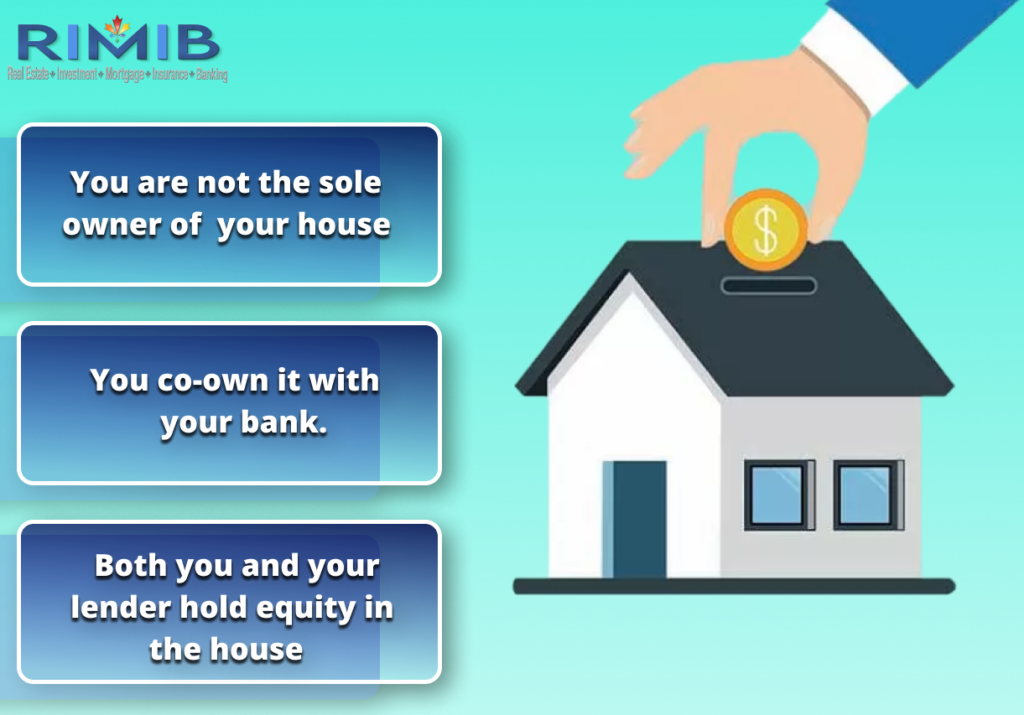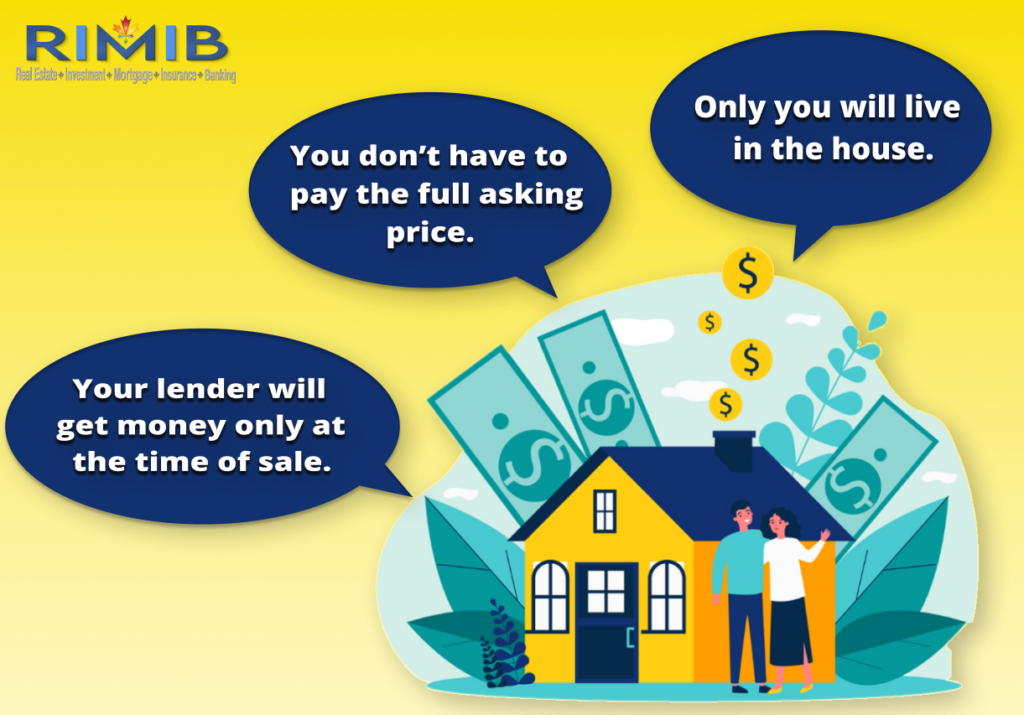What Is A Shared Equity Mortgage? Meaning, Real-life Examples, Pros, Cons [Updated 2023]
Are you also willing to buy your dream house but short of money? Are you looking for some interactive ways to buy your home? Well, a shared equity mortgage might be the best option for you. Here is everything you need to know.

Source: Freepik
A home is nothing short of heaven. It gives you a profound sense of satisfaction and enhances your wealth. However, this satisfaction is too costly, and most Canadians do not have ready money to gain this bliss.
It prompts them to look for alternative ways of buying a house property. A shared equity mortgage is a hot option nowadays. Let us explore this opportunity and be mortgage savvy.
What Lead to The Concept of Shared Equity Mortgage?


Money is the most challenging part while buying a house property. It determines whether you will ever own a house, the prices of which have always been on a constant rise.
It, coupled with a disproportionate rise in the income of many Canadians, makes it hard and impossible for many to own a property that they can call home.
As per a recent survey, only about 15% of the total employment is eligible for a mortgage loan in Canada. It represents a gory situation where getting a mortgage loan is almost impossible.
Hence, to resolve these issues of financial crunch and improve the eligibility prospects of the new homebuyers, the concept of shared equity mortgage came into existence that can make you a homeowner even if you are short of money.
What Do You Mean by Shared Equity Mortgage in Simple Language?


If you go for a shared equity mortgage, you share the ownership of your house with your lender. You will pay a fraction of the property cost and become a co-owner alongside your lender.
Your lender is also the property owner with you and shares the house equity. You sell the home, and your lender will take his due share from the selling price.
As we all know, in a typical real estate market, property prices rise because of inflation and demand. Hence, you will also be required to split the profits generated upon selling the house property with your lender in the proportion of investments made.
For a shared equity mortgage, the lender from which you have taken a mortgage loan becomes your associate or partner.
What Are the Benefits of Shared Equity Mortgage?


A shared equity mortgage allows you to co-own a house with your lender by contributing only a fraction of the selling price of the house property. Only you will enjoy the possession of the home and will live along with your family.
Typically, your lender cannot rent out a portion of your house property or send its managers or other employees to live in your co-owned house. It is only that your lender holds equity in your home. The lender will get its due share upon the sale of the property.
How Does a Shared Equity Mortgage Work? Explain Using a Practical Example.


Let us gain a comprehensive understanding of this concept using a practical example.
Oliver is a full-time employee with ABC Financial Services Inc. and is looking to buy a house for the first time. After some serious search, he has shortlisted a property in the Greater Toronto Area. The asking price for this property is $500,000, and Oliver is determined to close this deal.
Traditional Mortgage
If Oliver wishes to go for a traditional mortgage, then:
- He will be required to pay 20% (ideally) of the purchase price, $100,000 in down payment
- The rest of the 80%, $400,000, will be extended to him as a mortgage loan by his lender
- This new house will act as collateral and can get forfeited by his lender in case of default in the mortgage payments
Considering his financial capacity, Oliver has taken a long-tenure mortgage loan for 20 years that he is getting at a competitive interest rate of 5% per annum.
His monthly mortgage payments are $2,640, and he will pay total interest of $233,558 over the loan tenure.
Shared Equity Mortgage
If Oliver decides to for a shared equity mortgage, then:
- His lender will become a co-owner of his house for a specific percentage.
- His lender will own equity by contributing towards the asking price of the house property.
- Based on the percentage of the ownership, both Oliver and his lender will share the profits and losses generated upon selling the house property.
- Even after Oliver has paid off the entire mortgage loan, his lender will own a certain percentage of his house.
Since Oliver was under financial duress, he was looking for ways to reduce his monthly mortgage payments. He was ok with co-ownership and went for a shared equity mortgage. His lender will own a 25% stake in the house and contribute $125,000 towards the asking price.
In the instant case, Oliver will:
- Pay 20% (ideally) of the purchase price, $100,000, in down payment
- Take a mortgage loan of 55% of the asking price, $275,000
Oliver is getting the mortgage loan from the same lender at 5% per annum for 20 years. It will require him to pay monthly mortgage payments of $1,815 and a total interest of $160,751 during the loan tenure.
Observation
By opting for a shared equity mortgage option, Oliver could reduce his monthly mortgage payments from $2,640 to $1,815 (saving 31.25%) and the total interest liability from $233,558 to $160,751 (saving 31.17%).



